20+ Years Experience
Specialist Education Providers

Sensory play is a crucial component of early childhood development in nurseries. It stimulates children’s senses, promoting cognitive, physical, and emotional growth.
By engaging in hands-on activities that involve touch, taste, sight, sound, and smell, young learners are able to explore and understand the world around them in a more profound and meaningful way.
Through these experiences, children develop key skills such as problem-solving, communication, creativity, and social interaction.
Sensory play provides a safe and nurturing environment for children to experiment, take risks, and make discoveries.
It encourages curiosity and fosters a love for learning from an early age. By incorporating various materials, textures, and sensory stimuli into their daily routines, nurseries create an enriching and engaging learning environment that supports holistic development.
In addition, sensory play offers unique opportunities for children with sensory processing disorders or special educational needs.
By tailoring activities to their specific needs, these children can develop coping strategies and enhance their sensory integration skills. It empowers them to overcome challenges and thrive in their learning journey.
The importance of sensory play in nurseries cannot be overstated. It has been widely researched and recognised by experts in the field of early childhood education.
According to a study conducted by the Journal of Early Childhood Education, sensory play has been found to have a positive impact on children’s cognitive development, language development, and emotional well-being.
This reinforces the significance of incorporating sensory play into the curriculum of nurseries and further highlights its role in unlocking children’s learning potential.
Engaging the senses through interactive play is a crucial aspect of early childhood education.
By allowing children to explore their environment through their sense of touch, sight, smell, taste, and hearing, the sensory play concept enhances their cognitive, physical, and emotional development.
Children benefit from sensory play as it promotes problem-solving skills, creativity, language development, and social interactions.
Furthermore, sensory play provides children with the opportunity to develop their fine and gross motor skills as they manipulate and interact with various materials such as sand, water, and playdough.
Through these hands-on experiences, children learn to adapt their movements to achieve desired outcomes, improving their coordination and dexterity.
Additionally, the sensory play concept aids in the development of cognitive skills. When children engage their senses, they activate different areas of their brain, allowing them to form connections and understand cause and effect relationships.
Through activities like sorting objects based on texture or identifying scents, children develop their ability to categorise, observe patterns, and make logical connections.
Moreover, the sensory play concept plays a vital role in emotional and social development.
Sensory activities provide a safe and non-threatening environment for children to explore their feelings and express themselves.
By engaging in sensory play with peers, children learn to take turns, share, and communicate, fostering important social skills and empathy.
Sensory play offers numerous advantages for children with special educational needs and disabilities.
It helps in their cognitive development, enhances their communication skills, promotes social interaction, improves their fine and gross motor skills, reduces anxiety and stress levels, and enhances their overall sensory processing abilities.
Furthermore, sensory play can also assist in improving their attention span and concentration.
Additionally, it provides a safe and engaging environment for them to explore and discover the world around them.
One unique aspect of sensory play is that it allows children with special educational needs and disabilities to engage their senses in a structured and meaningful way.
By providing different textures, sounds, and visual stimuli, sensory play helps in creating a sensory-rich environment that supports their sensory processing needs.
This tailored approach enables children to develop their sensory integration skills, allowing them to better regulate their responses to sensory input.
The benefits of sensory play for children with SEND extend beyond the immediate sensory experience and contribute to their overall development and learning.
A transformative approach to early childhood education sensory play holds immense significance in the context of nurseries, contributing to optimal growth and development in young children.
By immersing the little ones in a stimulating environment, incorporating sensory play in nurseries allows for enhanced cognitive, emotional, and physical development.
Moreover, sensory play allows each child to discover their unique interests and abilities, promoting individualised learning experiences.
The incorporation of sensory play in nurseries acknowledges the importance of catering to each child’s distinct needs, ensuring their holistic development.
Sensory play is a crucial aspect of nurseries as it promotes holistic development in children. Engaging in sensory activities enhances their cognitive, social, and emotional skills.
Additionally, it allows them to explore their surroundings, develop their senses, and encourages creativity and imagination. By incorporating sensory play in nurseries, children are provided with a stimulating environment that supports their overall growth and development.
Furthermore, sensory play also aids in the development of fine motor skills, hand-eye coordination, and problem-solving abilities.
Through activities such as playing with sensory materials like sand, water, and objects of different textures, children are able to improve their sensory processing abilities.
It is important to note that sensory play should be tailored to suit the developmental needs and interests of each child.
By offering a variety of sensory experiences and materials, nurseries can ensure that children have the opportunity to explore and engage with activities that are both enjoyable and educational.
Sensory play includes any activity that stimulates a child’s five senses and helps them develop and refine the use of those senses.
It is important for children’s development because it helps build neural connections to the brain, improves cognitive growth, enhances motor skills, aids in speech and language development, improves problem-solving skills, facilitates social interaction, and promotes calming for anxious children.
Sensory play is particularly important for children with special educational needs because it provides additional support and helps them overcome difficulties in making sense of and organising the different sensations they receive from their senses.
It improves their cognitive growth, fine motor skills, handwriting, memory, problem-solving skills, speech and language development, social interaction, and ability to react to sensory attributes.
Sensory play can help children with special educational needs become more comfortable with tactile learning.
If a child is initially less comfortable with tactile learning, they can still benefit from other sensory stimulants such as colours, sights, sounds, and smells.
As they become more comfortable with these sensory experiences and their surroundings, they may gradually become more open to trying tactile learning as well.
Creating a sensory play area for children with special educational needs requires considering the specific challenges faced by each child, as well as the available space and resources.
The outdoor environment is particularly beneficial for sensory play, but if direct access to a natural sensory environment is not possible, teachers can create their own outdoor sensory spaces within the school grounds, regardless of the size of the outdoor space.
Designing the area to offer a range of sensory experiences in a thoughtful, creative, imaginative, and inclusive way is key.
Sensory play has numerous benefits in nurseries and early years education. It helps children in their cognitive growth, motor skill development, memory enhancement, problem-solving skills, speech and language development, social interaction, and ability to react to sensory attributes.
It also provides a calming effect for children and creates a natural learning environment where they can engage with their peers at their own pace and without the pressure of defined outcomes.
To incorporate sensory play into a nursery or early years setting, educators can provide various sensory activities that stimulate children’s senses.
This may include activities like playing with sand, manipulating play dough, exploring different textures, engaging with sensory materials, and creating opportunities for outdoor sensory play.
It is important to recognise and cater to each child’s individual needs and preferences to provide them with the best learning experiences possible.




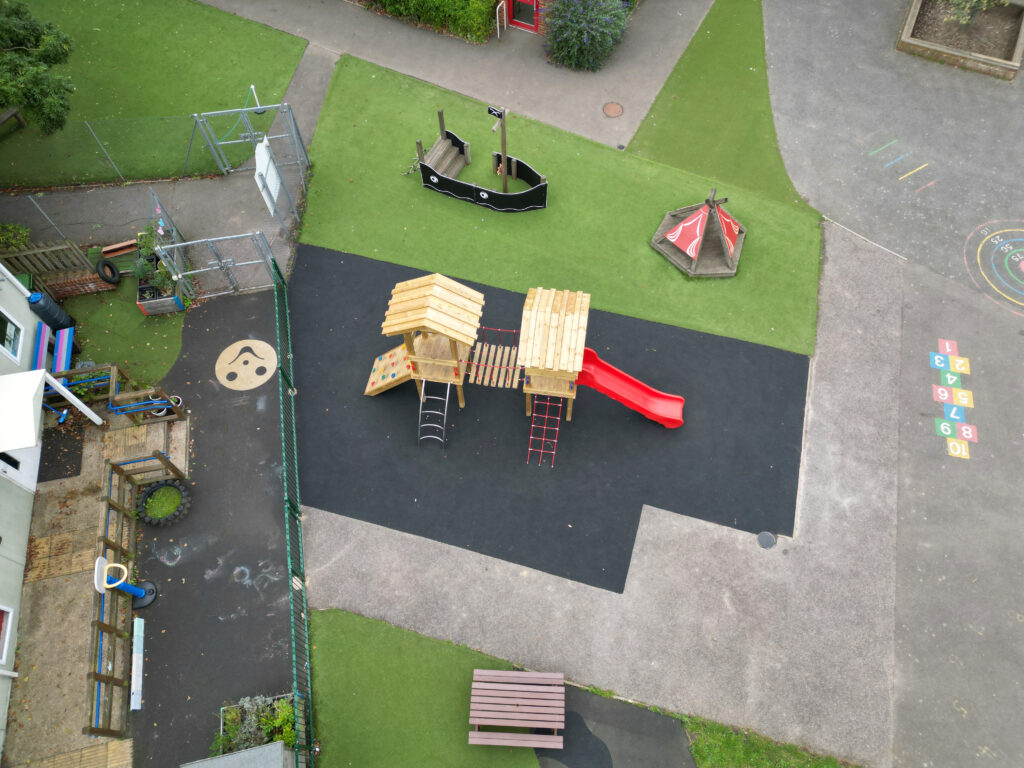

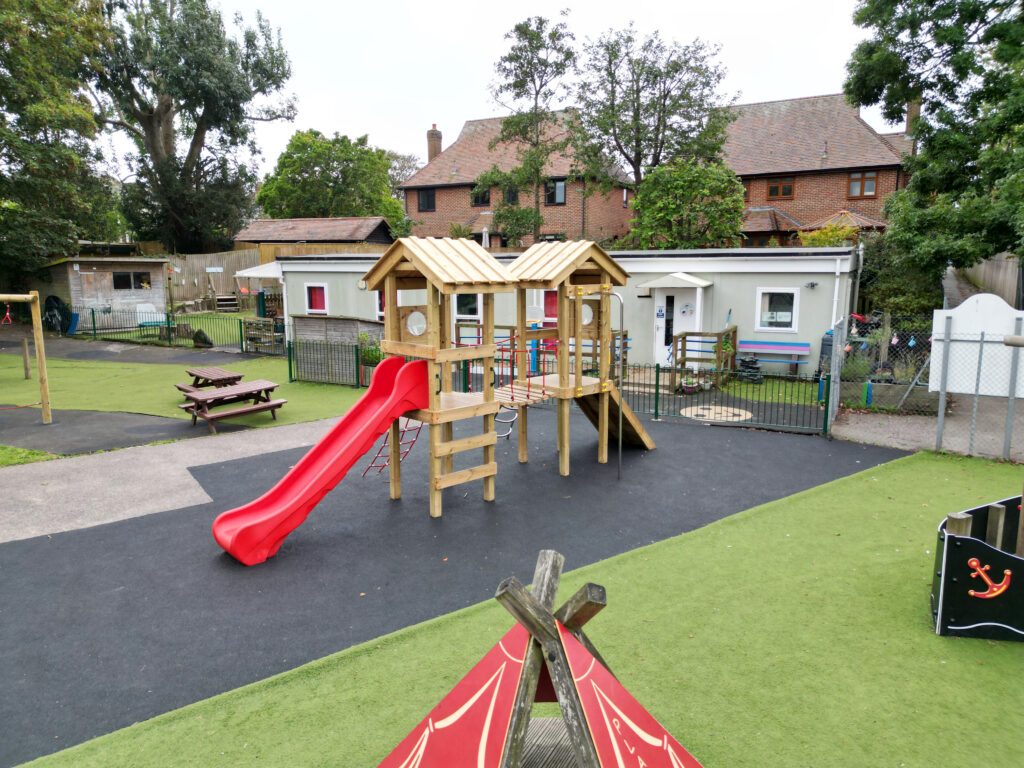
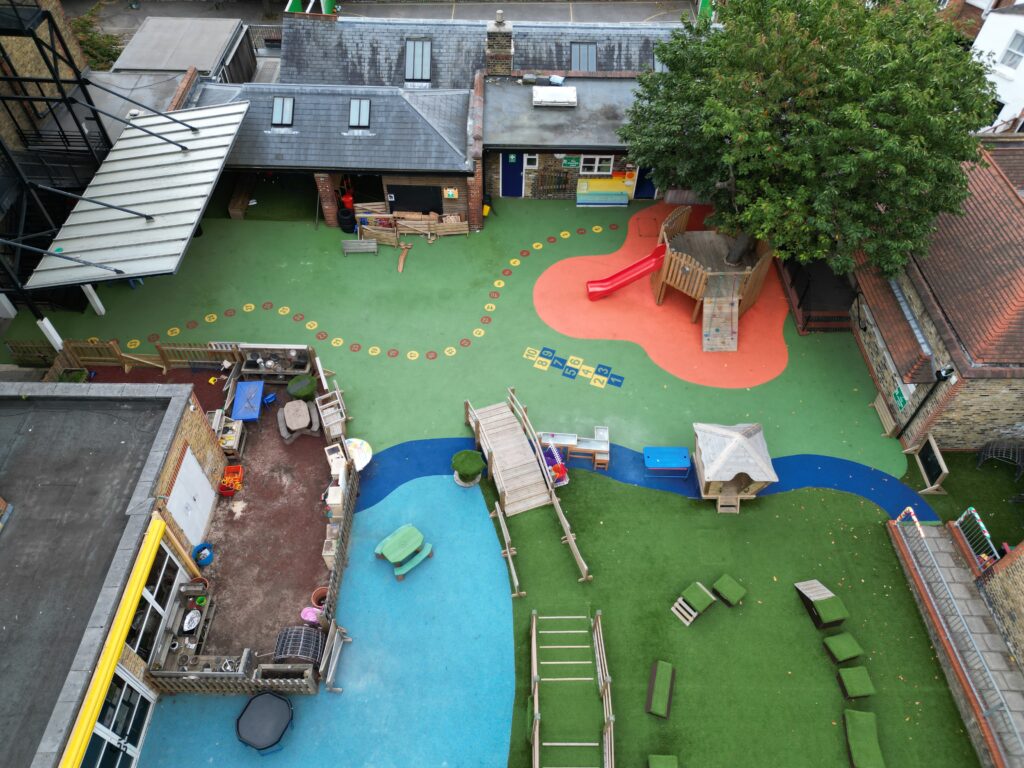






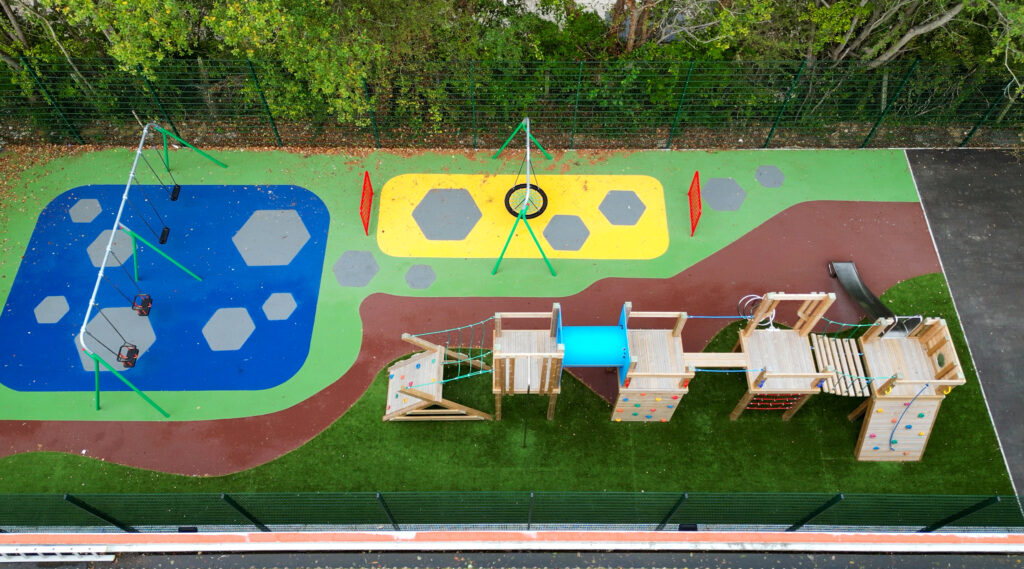










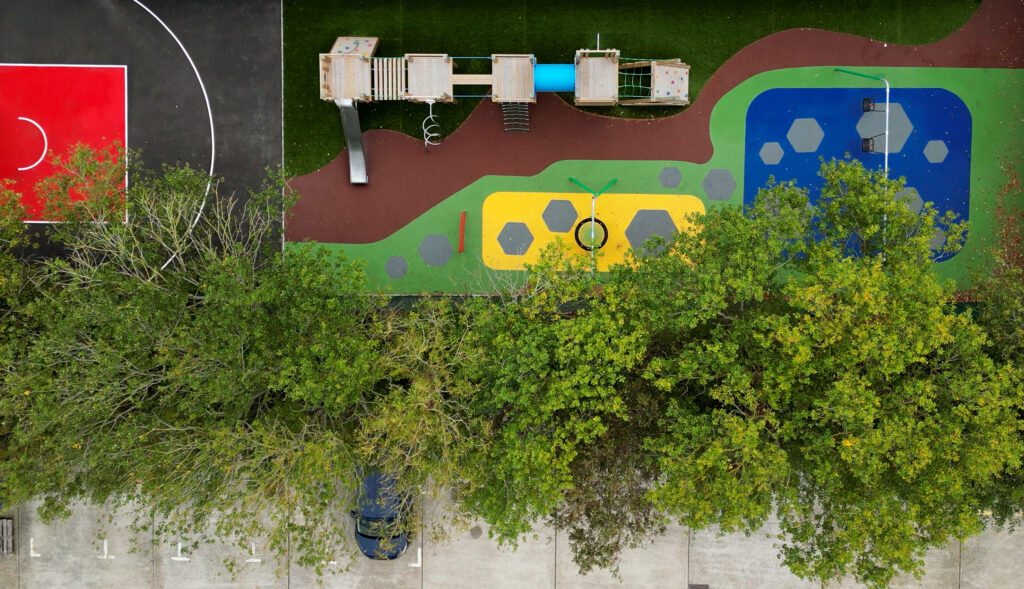









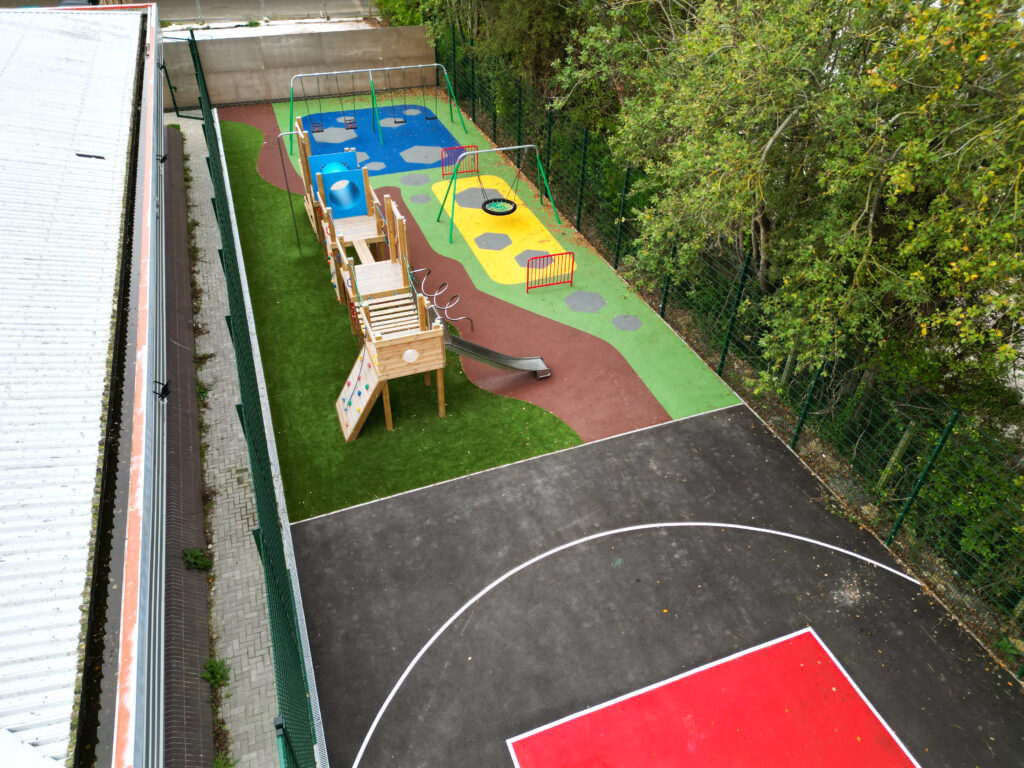



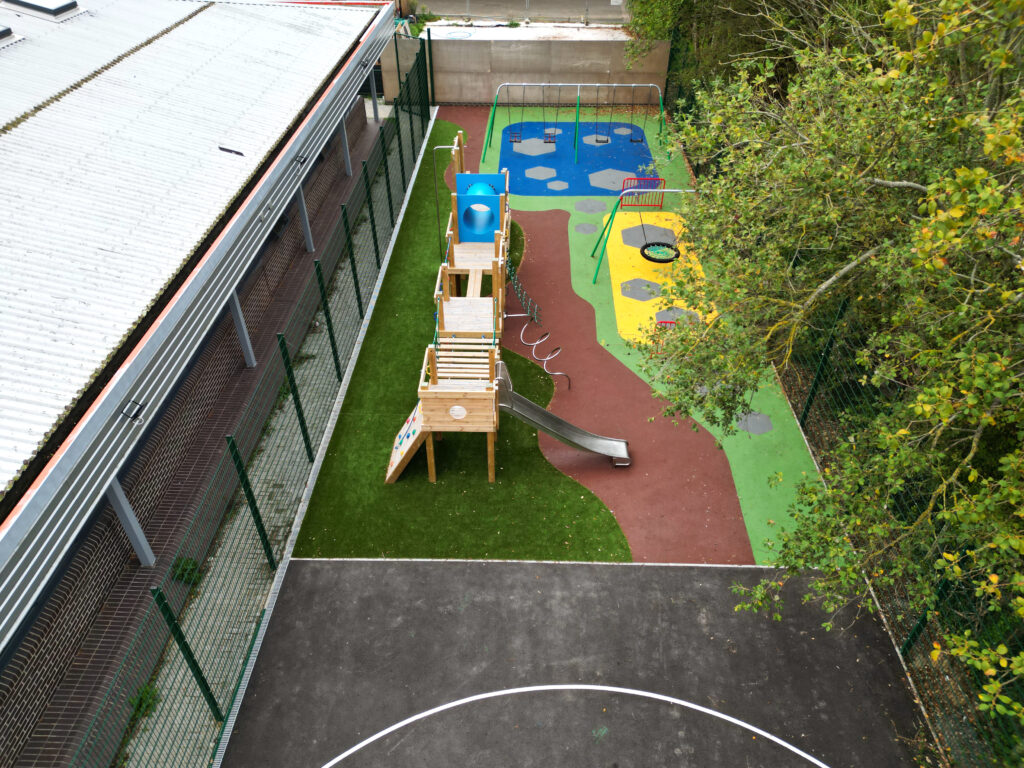







We Aim To Reply To All Enquiries With-in 24-Hours